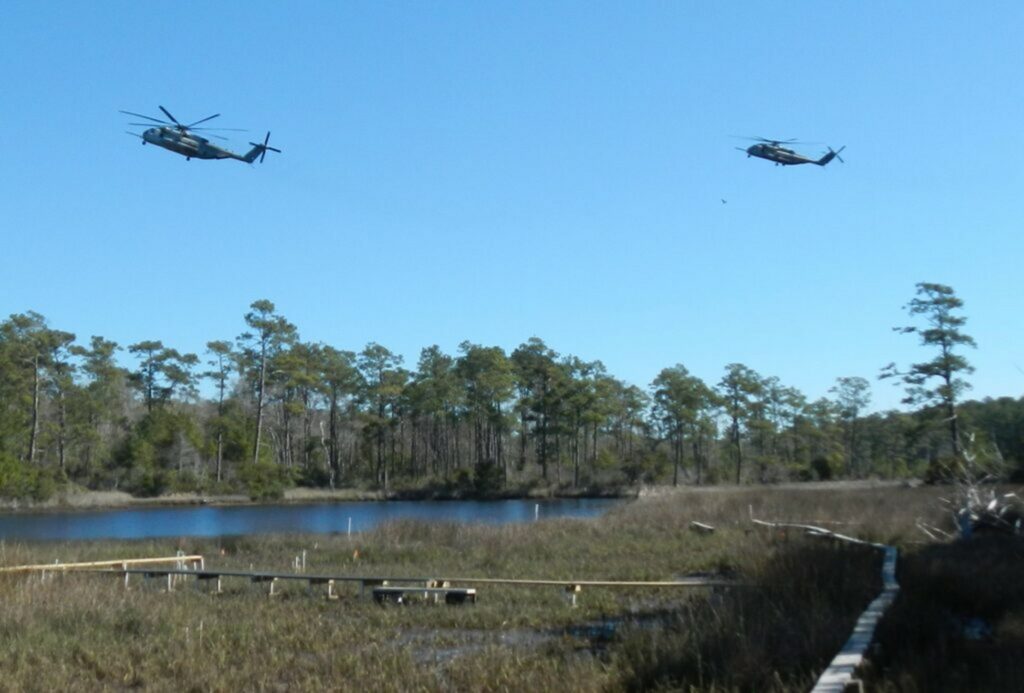It’s a proven fact that military installations bring jobs, money, and other economic advantages to nearby communities. These benefits usually come in the form of partnership programs, grants, and other structures which enable federal or state-level dollars to be spent locally. But some of the best of these initiatives occur in ways that are more subtle and less understood to the broad public. Today we want to highlight a less-well known Department of Defense program that was just recently reported as a gold standard among these partnerships: the Readiness and Environmental Protection Integration (REPI) Program.
It’s easy to jump to conclusions about Federal programs which have the word “Environmental” in their title. There’s plenty of perception out there (justified and not) that the government likes interfere in local affairs to save endangered species of turtles or preserve an obscure bit of land in the name of science with no real benefit to the communities affected by their actions. The REPI program is not that sort of program. The program is instead one designed to help military installations cooperate with local communities for mutual benefit using environmentally responsible methods. Results of REPI initiatives allow military bases to function smoothly while also giving value back to their communities in the form of noise zones and other helpful community planning issues, land sustainability projects, and funding to local landowners. REPI programs have also been proven to be successful and efficient with a recent report to Congress stating: “The REPI program is a sustainable, cost-effective solution…[which helps] installations develop new community relationships, enter into long-lasting partnerships, and create resilient solutions to alleviate pressures on operational activities.”
The case of MCAS Beaufort is a perfect example. The REPI process is currently preserving over 6,500 acres of land around MCAS Beaufort to maintain flight corridors and Air Installation Compatible Use Zones. This preservation has allowed for easy expansion of flight training operations on the installation as well as ensured that nearby wetlands are protected to preserve the quality of local drinking water. The project has accounted for $63.7 million through September, 2022, much of it being reinvested in the local community through partner organizations such as Beaufort County, Beaufort County Open Land Trust, and the Nature Conservancy of South Carolina. Additional REPI funds also go to state-wide organizations that support Beaufort initiatives such as the Southeast Regional Partnership for Planning and Sustainability (SERPPAS), a coordination entity between regional and state entities and military bases across the southern region of the United States.
We’re proud to be both a REPI-friendly state and community and we look forward to seeing our beautiful natural resources continue to go hand in hand with a strong military presence. For more information on how REPI contributes to the success of Beaufort and South Carolina, check out the following links:
https://www.repi.mil/Portals/44/Documents/State_Fact_Sheets/SouthCarolina_StateFacts.pdf
https://www.repi.mil/Portals/44/Documents/Buffer_Fact_Sheets/Marine%20Corps/MCASBeaufort.pdf






